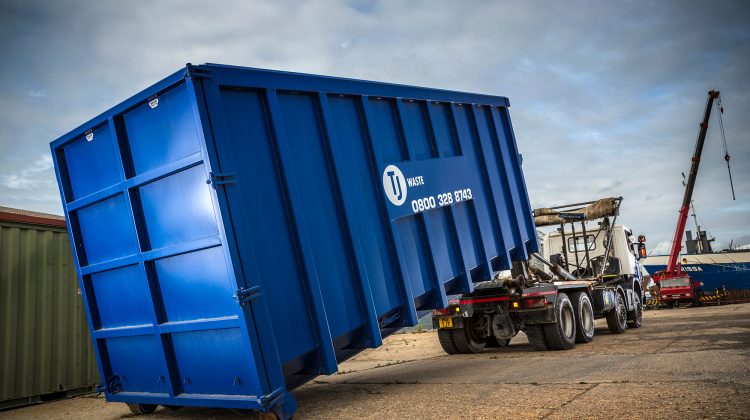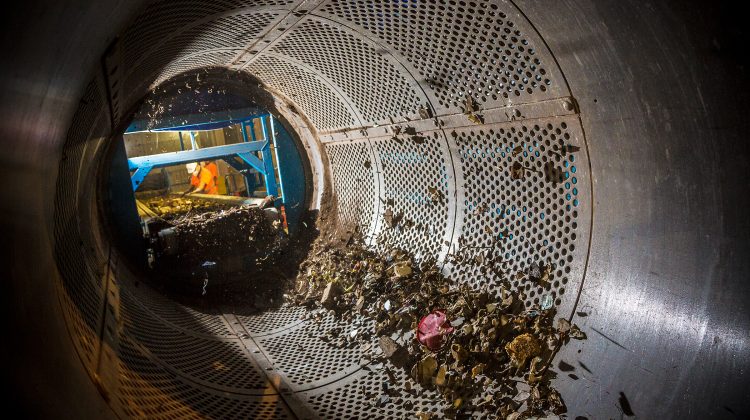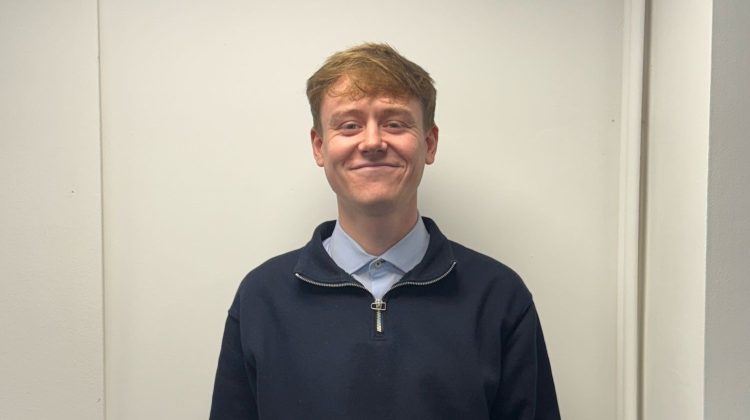The UK is the ninth largest manufacturing nation in the world, with the total value of UK manufacturers’ product sales totalling £396.6 billion in 2019. Manufacturing equates to 11% of the UK’s GVA and employs 2.7 million people.
Non-conforming waste streams are materials or substances that do not meet the standard criteria for disposal or recycling. These can include various types of waste that deviate from accepted norms due to their composition, characteristics or potential hazards.
As these types of waste cannot be disposed of in the traditional way, it means they cannot go into our standard skips or be tipped routinely at our Materials Recovery Facilities (MRFs), but rest assured that we can provide alternative solutions for these materials!
Non-conforming waste streams might include:
Managing non-conforming waste streams requires specialised handling, treatment, or disposal methods to minimise environmental impact and prevent harm to human health. Regulations often exist to govern the proper disposal or recycling of such waste to ensure safety and environmental protection.
Disposal methods for non-conforming waste streams depend on the type of waste and its specific characteristics. Each type of non-conforming waste requires careful handling and disposal to minimise environmental impact and potential harm to human health. Strict regulations and guidelines govern the disposal of such waste to ensure safety and compliance with environmental standards. Additionally, efforts are made to prioritise reduction, recycling, and proper treatment of non-conforming waste streams to minimise the volume sent for disposal.
There are hazardous waste facilities that are equipped to handle hazardous waste, such as incinerators or treatment plants, that can neutralise, detoxify, or incinerate hazardous materials under controlled conditions to reduce their harmful effects. Some types of non-conforming waste, such as e-waste or certain industrial byproducts, can be recycled – specialised recycling facilities exist that can extract valuable materials or treat waste for reuse.
At TJ, we can arrange the disposal of non-conforming waste streams for you through our network of trusted partners. Contact us to let us know the type of waste you have to dispose of and the volume, and we will take it from there, putting arrangements in place to get the waste removed and directed down the appropriate route for its type.
For disposal of items such as batteries, lights, fridges/freezers, televisions, computer monitors, fluorescent tubes and liquid paint, our Man and Van Service can be utilised!
Find out more about the range of waste disposal services we offer, including hazardous waste management, and get in touch with any non-conforming waste enquiries.

The UK is the ninth largest manufacturing nation in the world, with the total value of UK manufacturers’ product sales totalling £396.6 billion in 2019. Manufacturing equates to 11% of the UK’s GVA and employs 2.7 million people.

With the UK’s population continuing to grow, the waste industry is under increasing pressure, and the need for innovative, sustainable solutions has never been greater. From staggering statistics to surprising insights, check out our 10 shocking waste facts that might just change the way you think about rubbish.

Barney joined TJ Waste in February as an Operations Administrator and is enjoying learning all about the waste industry. Outside of work Barney is an avid football fan and plays five-a-side once a week. He also enjoys live music, Formula 1 and MotoGP.
Change your stored postcode to update prices for your location.